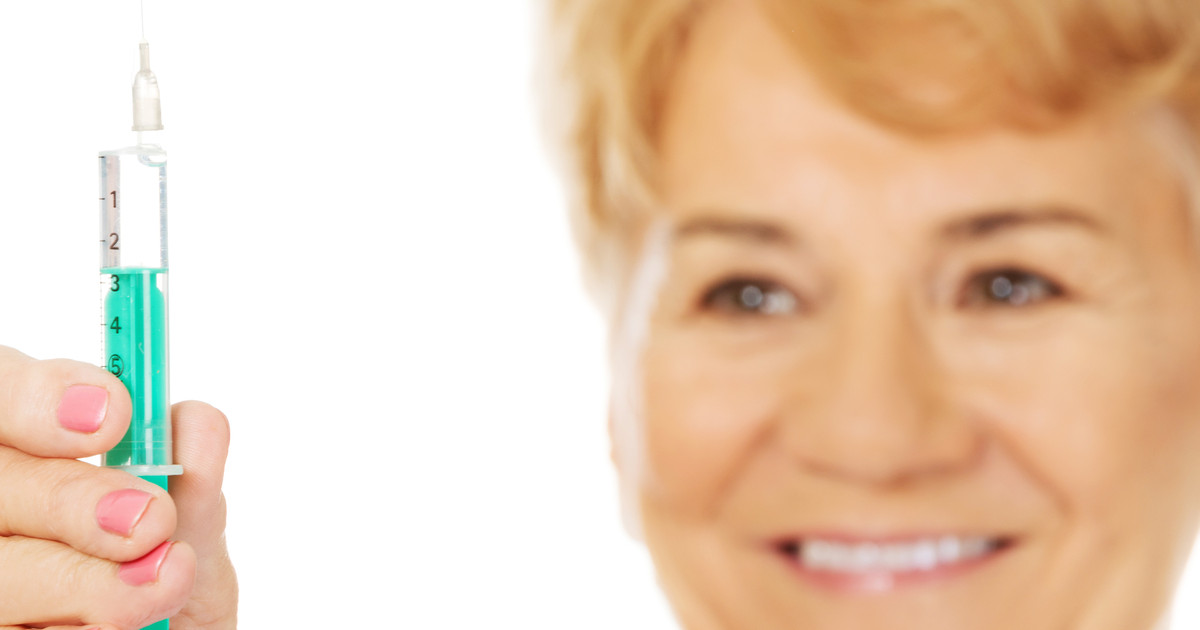Learn About Gout Medications
Corticosteroids
Corticosteroids are very common in gout treatment. Ladies, they prevent and treat gout attacks! You'll get them when you can't take colchicine or NSAIDs. That way, you're always covered. One of the corticosteroids used for gout is prednisone. It'll get rid of your pain and inflammation! Most of the time, you'll take this medication orally. However, an injection is an option if you wish, ladies! Of course, corticosteroids are short-term solutions. Using too much for too long means side effects! Common ones include sleep issues, high blood sugar, higher blood pressure, and mood shifts. Ladies, you'll be at a higher risk of fractures too!
Be sure to go over your medical history with your doctor. Ladies, tell them about heart disease, diabetes, eye problems, and kidney disease. Osteoporosis is another big one! They'll need to adjust your medications for all of these conditions. You'll need to take corticosteroids differently too. Finally, ladies, withdraw from corticosteroids with your doctor's help. That way, you'll avoid side effects like nausea and body aches.

Probenecid
Another common medication you'll take when you have gout is probenecid. Ladies, this one's a uricosuric medication! It's going to help your kidneys get rid of uric acid. Of course, it gets this acid out of your blood, not your pee! You'll have higher levels there. Your doctor gives you this one for complications, though, not treating flares!
Expect a few side effects on probenecid. Common ones are rashes and stomach pain! Kidney stones are fairly rare, but they do happen. As always, some side effects merit an immediate call to your doctor! Ladies, these ones are lower back pain, difficulty peeing, painful peeing, changes in your pee color, and shifts in pee volume. Other examples are signs of an infection, serious abdominal pain, pale stool, and easy bruising!